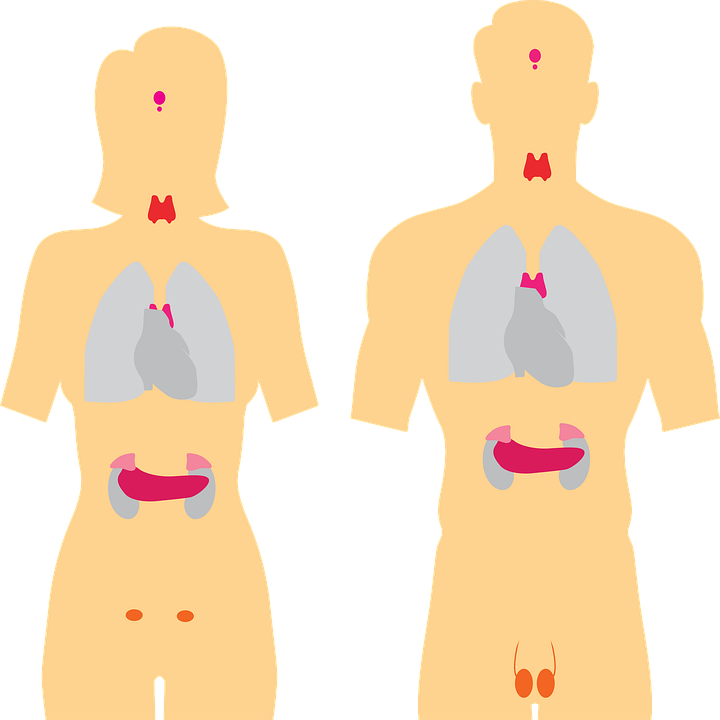Constipation is a common digestive issue that affects millions of people worldwide. It can be caused by a variety of factors, including inadequate fiber intake, dehydration, lack of physical activity, aging, and certain medications. While there are many remedies for constipation, one option that has gained significant attention in recent years is probiotics.
Probiotics are live microorganisms that provide various health benefits when consumed in adequate amounts. They are commonly found in fermented foods such as yogurt, kefir, and sauerkraut, as well as in dietary supplements. In this blog, we will explore the potential benefits of probiotics for constipation and how they can help alleviate this uncomfortable condition.
Understanding Constipation
Constipation is a condition in which bowel movements become infrequent or difficult to pass. Symptoms of constipation can include:
- Infrequent bowel movements (less than three per week)
- Difficulty passing stool
- Hard, dry stools
- Abdominal pain or discomfort
- Bloating
- Nausea
Chronic constipation can lead to complications such as hemorrhoids, anal fissures, and impacted stool. Therefore, it’s important to address the issue promptly.
How Probiotics Can Help with Constipation
Probiotics have been shown to promote digestive health by restoring the balance of the gut microbiome. The gut microbiome is the community of microorganisms that live in the digestive tract. An imbalanced gut microbiome can lead to a variety of digestive problems, including constipation.
Research has shown that certain strains of probiotics can help alleviate constipation by:
- Increasing stool frequency: Probiotics can help stimulate bowel movements by promoting the production of short-chain fatty acids, which help regulate intestinal motility.
- Softening stool: Probiotics can help soften stool by promoting the growth of beneficial bacteria that produce enzymes that break down food more efficiently.
- Reducing transit time: Probiotics can help improve transit time, which is the amount of time it takes for food to move through the digestive tract. When transit time is faster, stool is less likely to become hard and dry.
The Best Probiotics for Constipation
Not all probiotics are equally effective for alleviating constipation. Here are some of the best probiotics for constipation:
- Bifidobacterium lactis: This strain has been shown to increase stool frequency and soften stool in people with constipation.
- Lactobacillus acidophilus: This strain has been shown to improve bowel movements and reduce constipation in people with irritable bowel syndrome (IBS).
- Lactobacillus casei: This strain has been shown to improve stool frequency and consistency in people with chronic constipation.
- Streptococcus thermophilus: This strain has been shown to reduce the severity of constipation in people with Parkinson’s disease.
It’s important to note that the effectiveness of probiotics can vary depending on the individual. What works for one person may not work for another, so it may take some trial and error to find the right probiotic for you.
Other Ways to Alleviate Constipation
While probiotics can be an effective way to alleviate constipation, they are not the only solution. Here are some other strategies you can try:
- Increase your fiber intake: Fiber helps soften stool and promote bowel movements. Good sources of fiber include fruits, vegetables, whole grains, and legumes.
- Drink plenty of water: Dehydration can contribute to constipation, so make sure you’re drinking enough water throughout the day.
- Exercise regularly: Physical activity can help stimulate bowel movements and improve overall digestive health.
- Avoid certain foods: Foods that are high in fat, sugar, and refined carbohydrates can contribute to constipation, so try to limit your intake of these foods.
- Consider laxatives: If you’re struggling with chronic constipation, your doctor may recommend a laxative to help alleviate your symptoms.
Conclusion
Constipation can be a frustrating and uncomfortable condition, but there are many strategies you can use to alleviate your symptoms. Probiotics are a promising solution that can help promote digestive health and alleviate constipation. By choosing the right probiotic and combining it with other healthy habits, you can improve your digestive health and enjoy greater comfort and regularity. Always consult with your doctor before starting any new supplement or treatment plan.







